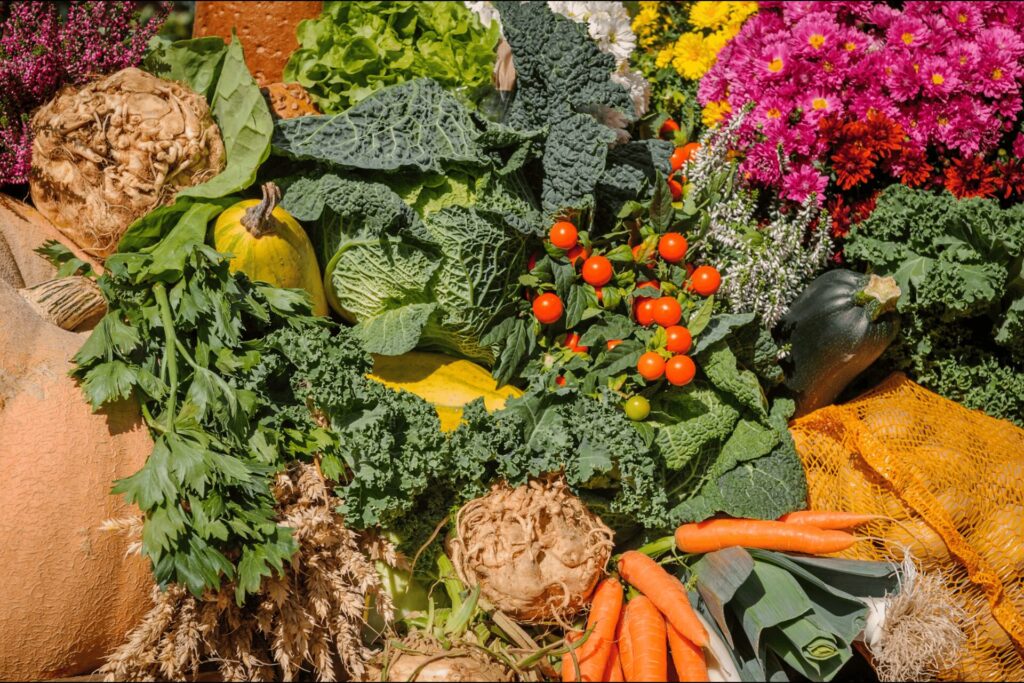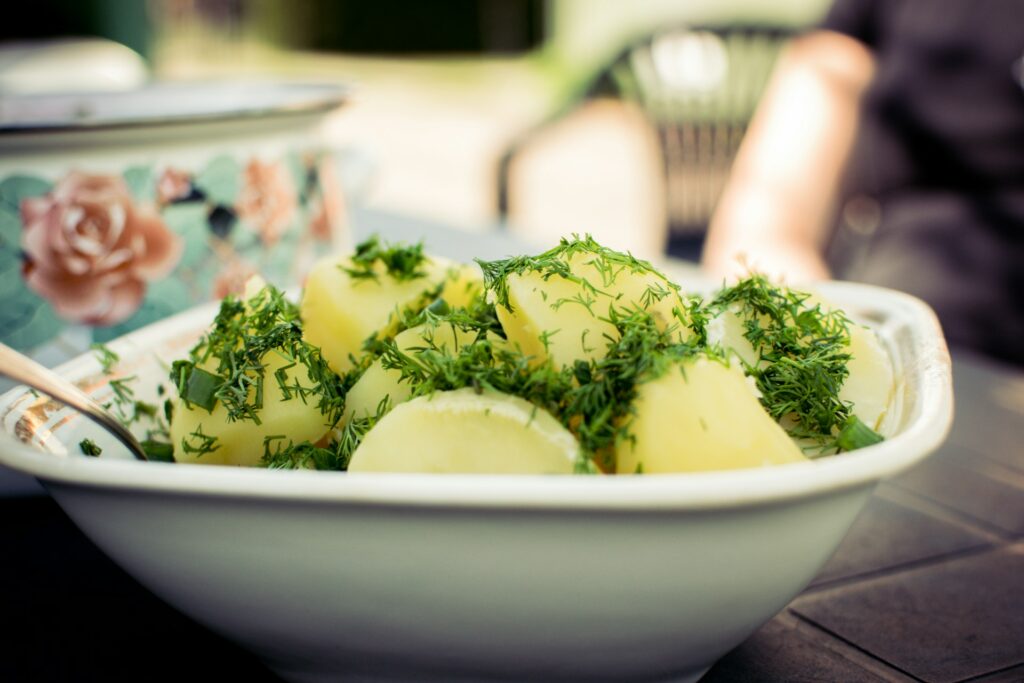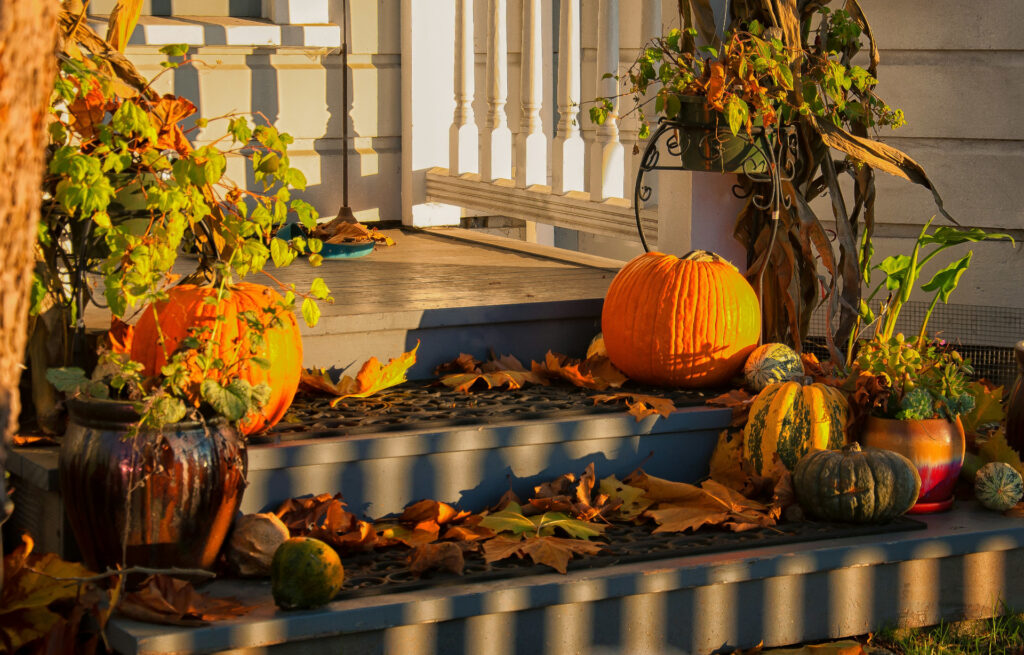
We are reader-supported. When you buy through links on our site, we may earn an affiliate commission.
Feeling stressed, stuck in a rut or simply looking for a new hobby? Garden therapy might be just what you need. Whether you’re a seasoned green thumb or just dipping your toes into the soil for the first time, there’s something here for you. Explore how gardening can bring joy, relaxation and a sense of accomplishment in your life. Let’s unravel ways to improve your health with adult gardening therapy.
The Roots of Garden Therapy
Horticultural therapy or gardening therapy is a fresh approach that combines gardening with rehabilitation techniques to boost human well-being. Its roots stretch far back to ancient times, with Mesopotamians using plants to soothe the senses around 2,000 BC. Fast forward to 500 BC, and Persians took it up a notch by creating gardens that delighted all the senses.
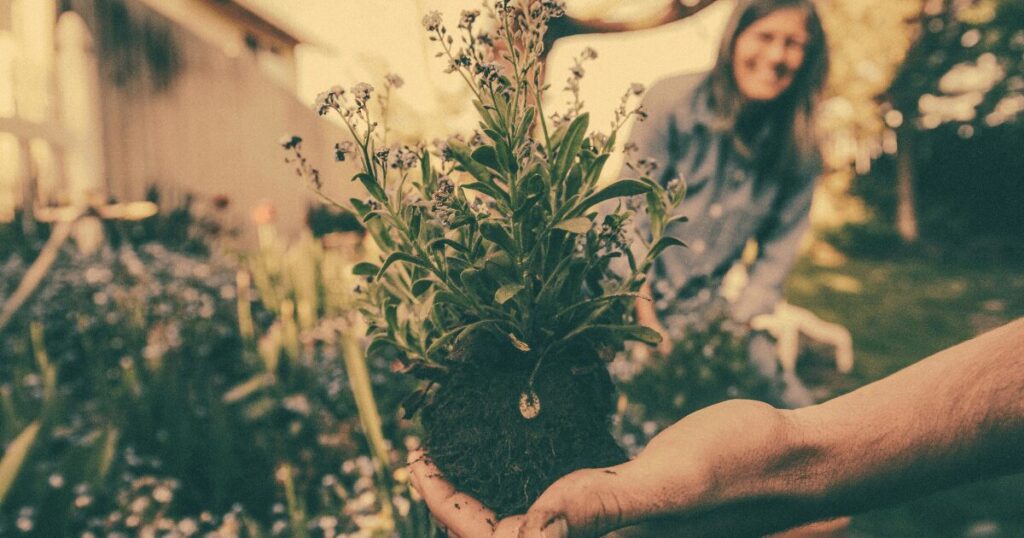
In the U.S., the healing power of gardens was recognized as early as the 19th century. Dr. Benjamin Rush — hailed as the “Father of American Psychiatry” — wrote in 1812 that gardening helped psychiatric patients recover. This idea caught on, and psychiatric hospitals across the U.S. started incorporating gardening into their programs.
5 Ways You Can Improve Your Health With Adult Gardening Therapy
Now that you’re familiar with garden therapy and its roots, explore five ways it can positively impact your health and wellness, empowering you to cultivate a happier, healthier life.
1. Promote Healthy Eating
Growing your own fruits, vegetables and herbs encourages healthier eating habits. Participation in community gardening has been linked to a 37.5% increase in fruit and vegetable consumption, highlighting the significant association between community gardeners and higher intake of these nutritious foods.
Cultivating your own produce makes you more likely to consume fresh, organic and nutrient-rich foods. This practice improves your diet and reduces exposure to pesticides and chemicals in commercially grown produce. Additionally, you can make gardening a family affair by introducing your kids to the joys of growing and enjoying healthy fruits and vegetables together.
2. Enhance Physical Fitness
Did you know gardening for an hour can help you burn more than 300 calories? It’s a moderate-intensity physical activity that can help you stay fit.
Women who participate in community gardening are 46% less likely to be overweight, while male gardeners are 62% less likely to be overweight or obese compared to their non-gardening neighbors. Tasks like digging, planting, weeding and watering require various types of movement, which contribute to better cardiovascular health, muscle strength and flexibility.
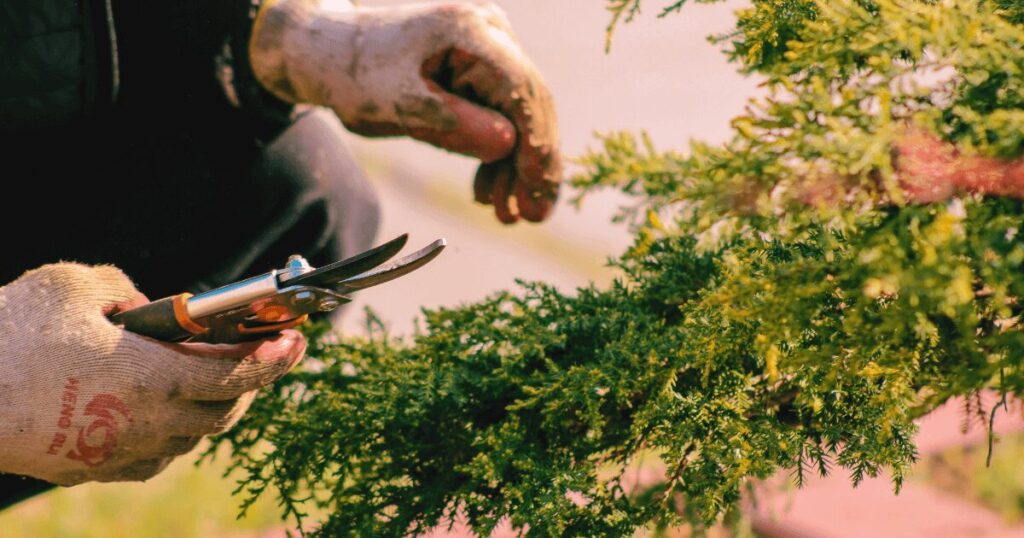
3. Improve Cognitive Function and Mental Health
Gardening requires planning, problem-solving and learning new skills, which can help keep your mind sharp. Research highlights the numerous psychological benefits of plants and gardening activities, including reduced symptoms of anxiety, stress and depression. Gardening has also been shown to help enhance sleep quality, boost happiness and improve self-esteem.
Gardening even gave Singapore residents a vital boost to mental resilience during the stressful COVID-19 pandemic. It offered them a therapeutic escape and a way to cope with the uncertainty and anxiety of the times.
Digging in the dirt can be a meditative activity that promotes mindfulness. A garden can help you focus on the present moment and invite compassion for yourself and the world around you.
4. Increase Exposure to Vitamin D
Spending time outdoors while gardening exposes you to sunlight, which is a natural source of vitamin D. Adequate levels of vitamin D are essential for bone health, immune function and cell growth. Research even indicates higher vitamin D levels can significantly reduce the risk of cancers such as colorectal and bladder cancer.
However, it’s crucial to balance sun exposure with skin protection to prevent overexposure to UV rays. Remember to apply sunscreen daily.
5. Foster Social Connections
Gardening can be a social activity, especially if you participate in local gardens or gardening clubs. Gardeners greatly appreciate the sense of community and connections they build in such gardens. These interactions enrich their experience and foster a supportive network of like-minded individuals.
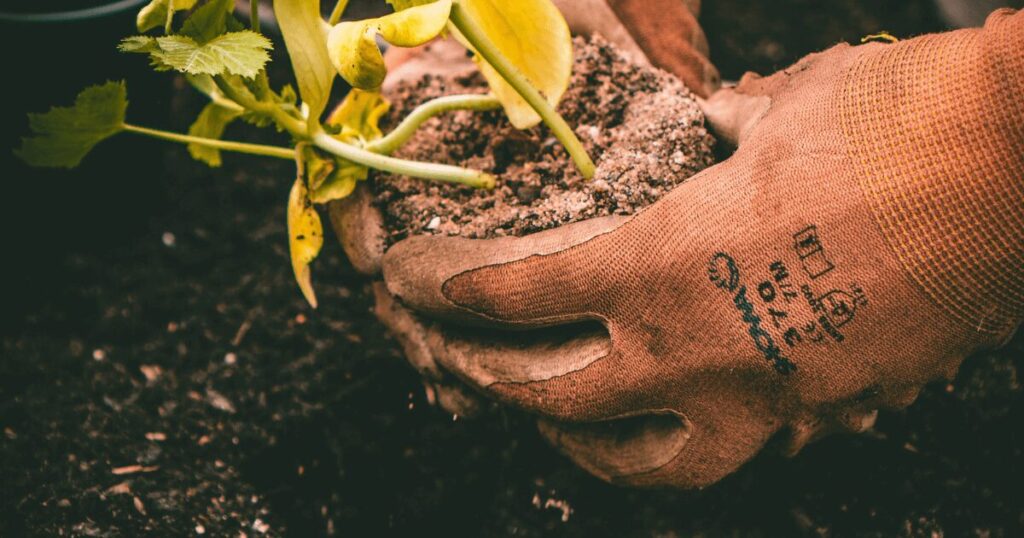
Getting Started With Adult Garden Therapy
Starting gardening therapy is easier than you might think. Whether you have a sprawling backyard or a small balcony, gardens can adapt to fit any space and skill level. The key is to start simple, stay consistent and enjoy the process.
Here are some practical steps to help you begin reaping the health benefits of garden therapy:
- Choose your gardening space: You don’t need a large yard to start gardening. Urban gardeners can use balconies, rooftops or community garden plots. Container gardening is also an excellent option for small spaces.
- Select the right plants: Choose plants that suit your climate, space and gardening experience. Beginners might start with low-maintenance ones like basil, mint, parsley, rosemary, tomatoes, lettuce, peppers, radishes, onions and garlic.
- Gather basic tools: Invest in essential gardening tools like gloves, trowels, pruners and a watering can. Having the right tools makes gardening tasks more efficient and enjoyable.
- Learn and experiment: Gardening is a continuous learning process. Utilize resources like books, online tutorials and local gardening clubs to expand your knowledge. Don’t be afraid to experiment with different plants and techniques.
- Make it a routine: Set aside regular time for gardening. Whether daily or weekly, consistent engagement helps you reap the therapeutic benefits more effectively.
- Connect with others: Join a gardening group or community garden to share experiences, tips and support. Gardening with others could enhance motivation and enjoyment.
- Incorporate mindfulness: While gardening, take time to appreciate the sights, smells and sounds of your environment. Practicing mindfulness can enhance the therapeutic effects of gardening.
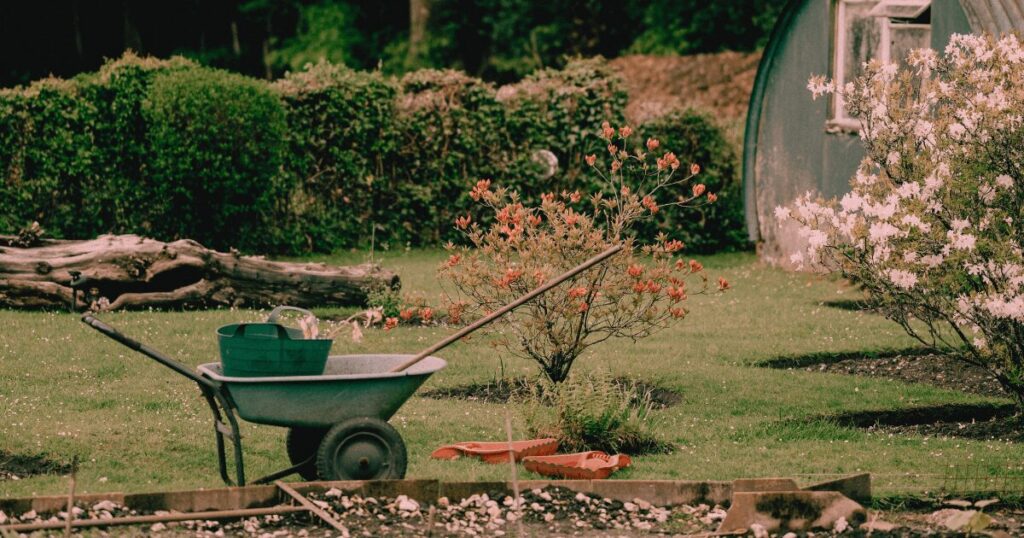
Grow Your Way to Better You: Improve Your Health With Adult Gardening Therapy
There are so many physical, emotional and mental health benefits to garden therapy. No matter where you reside, applying garden therapy ideas and cultivating a space tailored to your lifestyle is possible. All you need is a little creativity and determination to get started!




